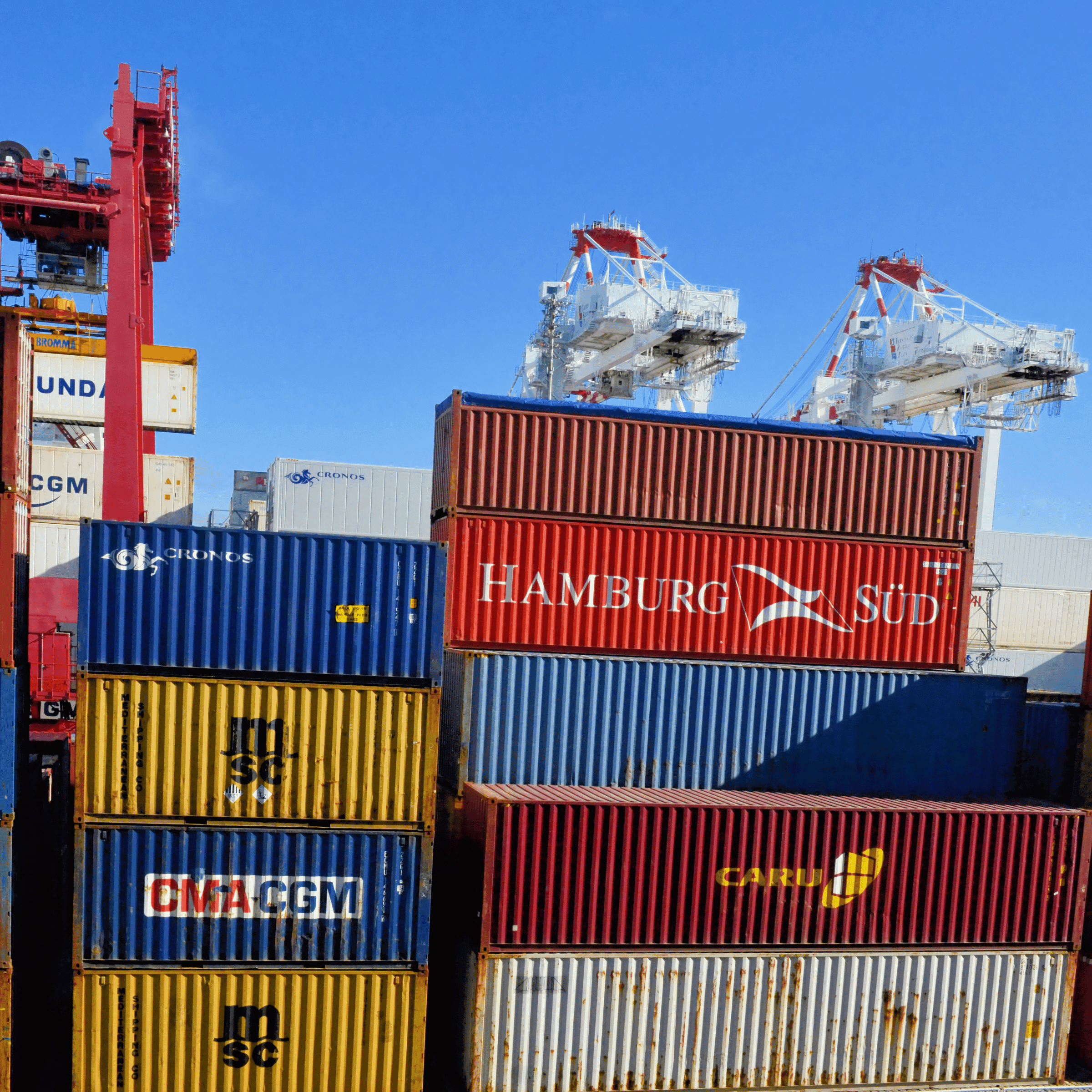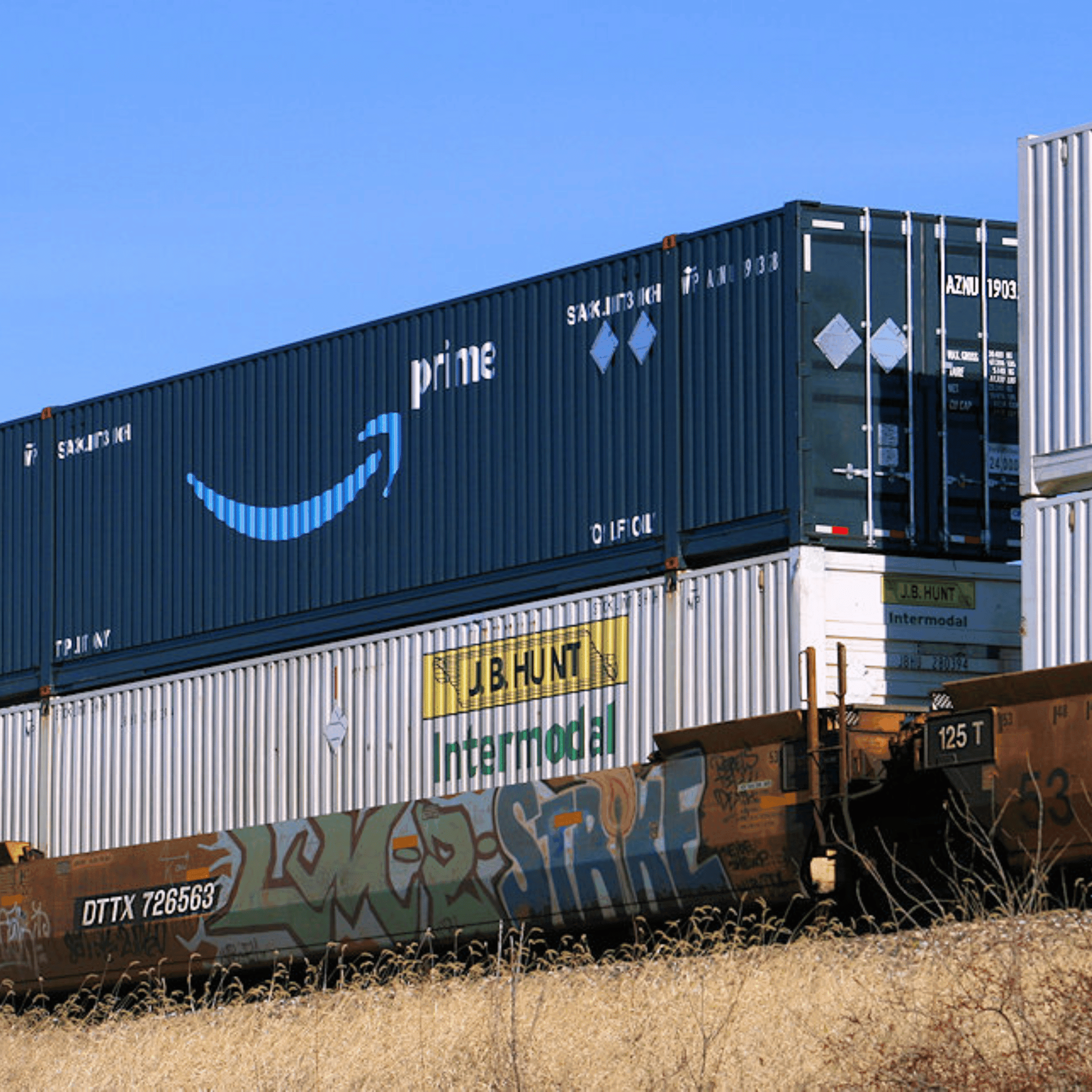Executive Summary
This report focuses on the symbiotic relationship between Third-Party Logistics (3PLs) and the omnichannel retail strategy. As the digital economy evolves, businesses are leveraging sophisticated strategies to meet consumers’ ever-changing demands. At the heart of these changes is the transition towards omnichannel retailing. This report outlines how 3PLs are a perfect fit for this strategy by enhancing inventory management, optimizing delivery speed, facilitating returns, and streamlining overall logistics processes.
Introduction
Third-Party Logistics (3PLs)
Third-Party Logistics providers are companies that offer outsourced logistics and supply chain management to other companies. The services provided by 3PLs can include transportation, warehousing, picking and packing, inventory forecasting, order fulfillment, packaging, and freight forwarding. The main advantage of employing a 3PL is that it allows companies to focus on their core business competencies, while the 3PL handles the complexities of the supply chain.
Omnichannel Retail Strategy
The omnichannel retail strategy is a sales approach that aims to provide the customer with a seamless shopping experience, whether they’re shopping online from a mobile device, a laptop, or in a brick-and-mortar store. It integrates touchpoints and ensures that the customer transition is effortless. Key elements of this strategy include inventory management, customer service, order fulfillment, and returns management.
Role of 3PLs in Omnichannel Retailing
Inventory Management
3PLs assist in maintaining accurate inventory across all channels, essential in omnichannel retailing. They manage demand and supply by providing real-time inventory visibility, preventing stock-outs or overstock situations.
Delivery and Fulfillment
3PLs manage transportation logistics, ensuring that goods are delivered on time and at optimal cost. They also deal with the complexities of cross-border logistics, such as customs, duties, and international shipping regulations. In an omnichannel strategy, where delivery speed is a competitive advantage, 3PLs are critical.
Returns Management
An efficient return process is crucial in omnichannel retailing to ensure customer satisfaction. 3PLs handle return logistics by providing facilities for inspection, repackaging, restocking, or disposing of returned products.
Data Management and Analytics
3PLs offer technology and software solutions for tracking and analyzing logistical data. This data can be used to predict demand, manage inventory, and make informed strategic decisions.
The Synergy between 3PLs and Omnichannel Retail Strategy
An omnichannel strategy calls for seamless integration of all the consumer touchpoints, which in turn requires a well-oiled and flexible supply chain mechanism. Here’s how 3PLs are a perfect fit:
Enhanced Customer Experience
3PLs enable businesses to deliver a superior customer experience, which is the cornerstone of the omnichannel strategy. They allow for quick and efficient order fulfillment and hassle-free returns, enhancing overall customer satisfaction.
Scalability
3PLs offer scalability, allowing businesses to handle demand fluctuations effectively. They have resources and capabilities to scale operations quickly, which is crucial for online retailers during peak sales periods.
Cost-Effectiveness
3PLs, with their expertise in logistics and established networks, can perform tasks more economically. They can negotiate better freight rates, optimize routes, and provide cost-effective warehousing solutions.
Technology Integration
Most 3PLs come equipped with advanced technology systems that enable inventory tracking, data analytics, and seamless communication, which are essential for implementing a successful omnichannel strategy.
Conclusion
As the retail landscape continues to evolve, the symbiosis between 3PLs and the omnichannel retail strategy becomes more pronounced. With their expertise in managing complex supply chains, 3PLs can help businesses implement a successful omnichannel strategy, resulting in improved customer satisfaction, cost savings, and overall business growth.
However, businesses need to choose their 3PL partner carefully, considering their specific requirements and the 3PL’s technological capabilities, network, and experience in managing omnichannel logistics. A well-chosen 3PL partner can be the difference between an average and a superior omnichannel experience.
Recommendations
Businesses should actively seek to partner with 3PLs that demonstrate advanced technological capabilities and experience in managing omnichannel logistics.
Regular performance assessment and open communication are crucial to ensure the 3PL provider is meeting the company’s expectations and strategic goals.
Companies should invest in integration technologies that enable real-time data exchange with the 3PL, ensuring inventory accuracy, efficient order fulfillment, and returns management.
Future Research Direction
Future research could delve deeper into how emerging technologies like AI, machine learning, and blockchain could further enhance the effectiveness of 3PLs in the context of omnichannel retailing. Additionally, case studies of successful 3PL and retailer partnerships could provide valuable insights into best practices.






